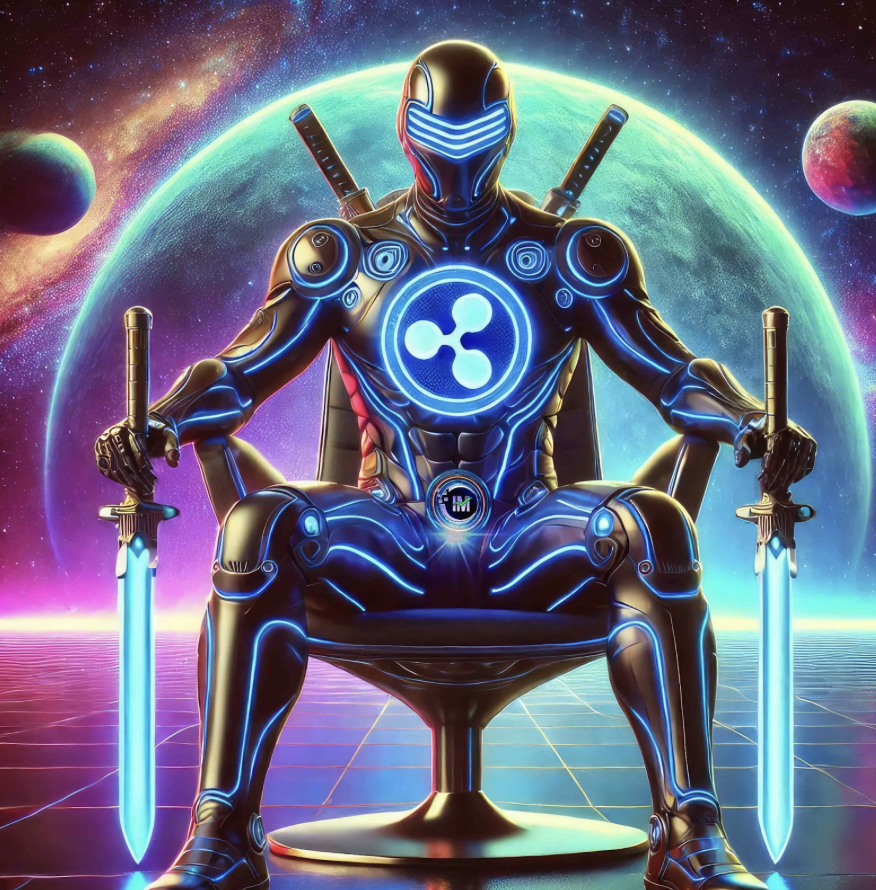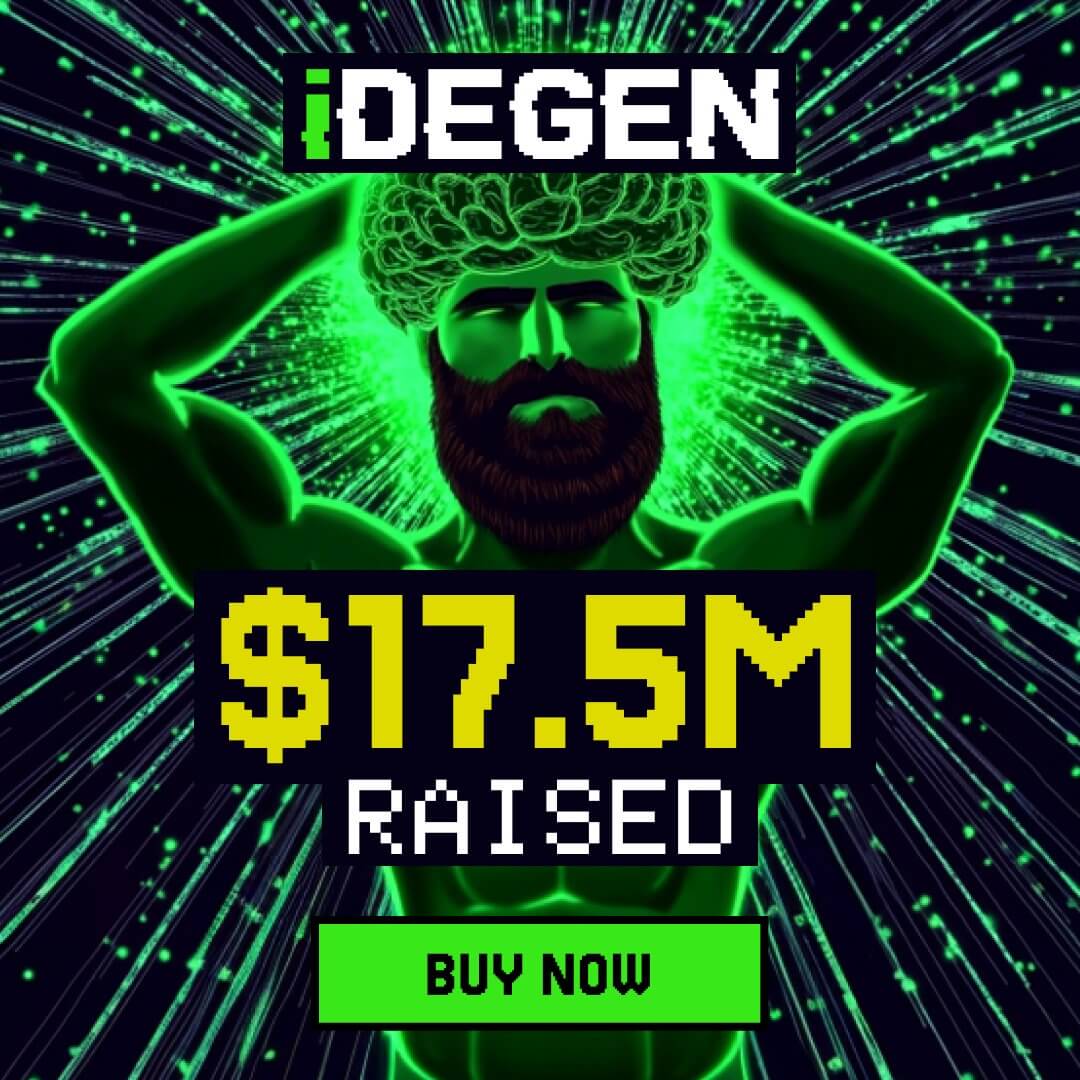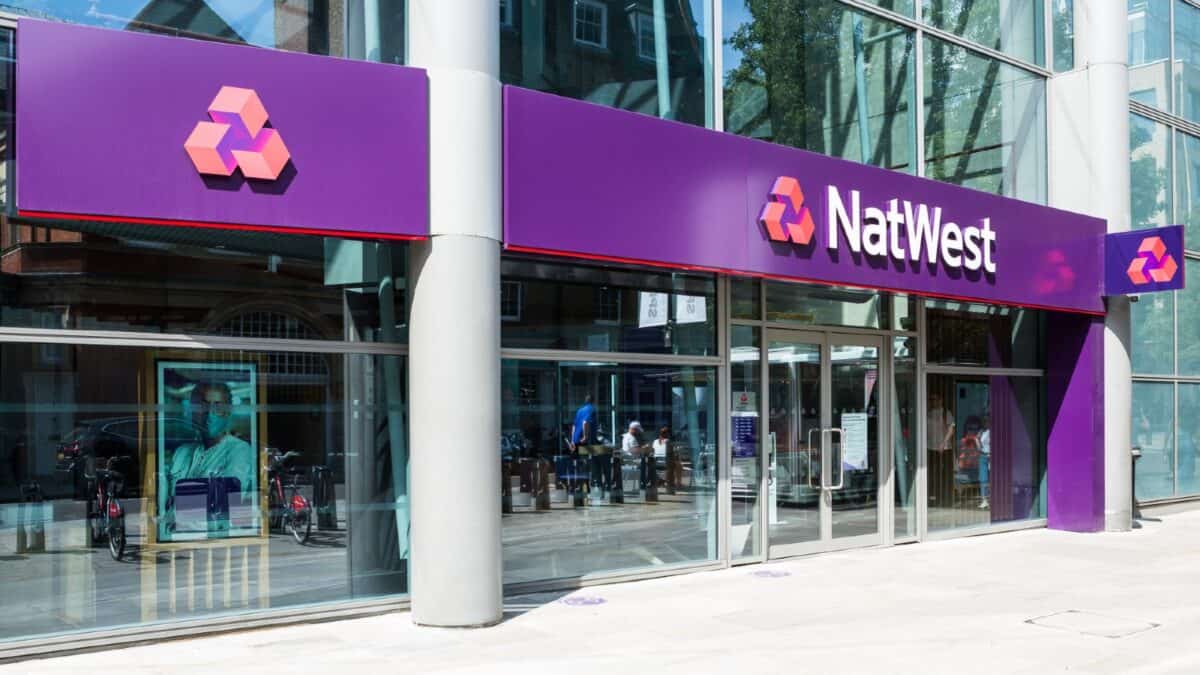- Cardano co-founder Charles Hoskinson has clarified his earlier remark on Ethereum and Vitalik Buterin as he projects Bitcoin to reach between $200k and $300k by next year.
- According to him, Argentina’s attraction to several crypto projects stems from the desire to find an alternative to the local currency.
CNF recently reported that Cardano (ADA) co-founder Charles Hoskinson has labeled Ethereum as a “dictator” that solely relies on its co-founder Vitalik Buterin for direction. In his presentation at the Token2049 event in Singapore, Hoskinson explained that the entire roadmap of Ethereum is within the control of Buterin. In this case, the project would be vague and visionless if the 30-year-old is removed from the bracket.
The Dictatorship Nature of Ethereum
During an interview with news outlet Ámbito, Hoskinson was asked if he is on bad terms with Buterin or if his statement only referred to the direction of Ethereum. Responding to this, the Cardano co-founder explained that his expression of “dictator” in his previous presentation was just to put a complex discussion or word into a simple phrase.
According to him, his use of that word was just to imply that Buterin runs Ethereum in an authoritarian manner. In other words, holders of Ethereum and Bitcoin have no say in the direction of the protocol. Per his observation, disagreement with Buterin’s decision would likely arise once the governance model becomes unsustainable.
Ethereum could end up like Bitcoin, where innovation stagnates, or it will need to adopt a more inclusive governance model. Although Vitalik has shown resistance to on-chain governance, he seems to be acknowledging that this stance can be problematic. Most modern blockchain projects, like Cardano, are exploring on-chain governance models.
Why Argentina Attracts Several Crypto Big Players
In the interview, Hoskinson pointed out the growing distrust in the local currencies, forcing individuals to seek alternatives to hedge against inflation. According to him, Argentina is embracing crypto and aggressively learning yield farming, metaverse, and GameFi. Per his observation, this trend would continue as long as the local currency faces higher inflation, capital control, and trade barriers.
In addition to that, he explained that Argentina has emerged as a favorable market to test its products like wallet software, identity software, and microfinance platforms. On top of that, he believes that Argentina is the best place to hire people as the first developers working on Cardano in 2016 were from Buenos Aires.
Difference Between Blockchain and Liberalism
According to Hoskinson, the vision of Argentina’s president Javier Milei, such as the concept of private and sound currencies, aligns with that of the industry. However, liberalism has a challenge of implementation. Meanwhile, blockchain presents itself as a third way that belongs to neither government nor private industry.
Sometimes it behaves like a government entity, and other times, like a private actor. This makes it an ideal solution for issues such as voting systems, national identification, or the functions of a central bank. I believe that as Milei deepens his knowledge in that field, he will recognize three key points: first, that Blockchain is highly compatible with his philosophy; second, that Argentina is already a global leader in cryptocurrencies; and third, that the country has enormous local talent to drive and execute these initiatives.
Concluding the interview with a Bitcoin projection, Hoskinson estimated that the involvement of BlackRock in the asset could push BTC to between $200,000 and $300,000 next year.
Recommended for you:
Credit: Source link














